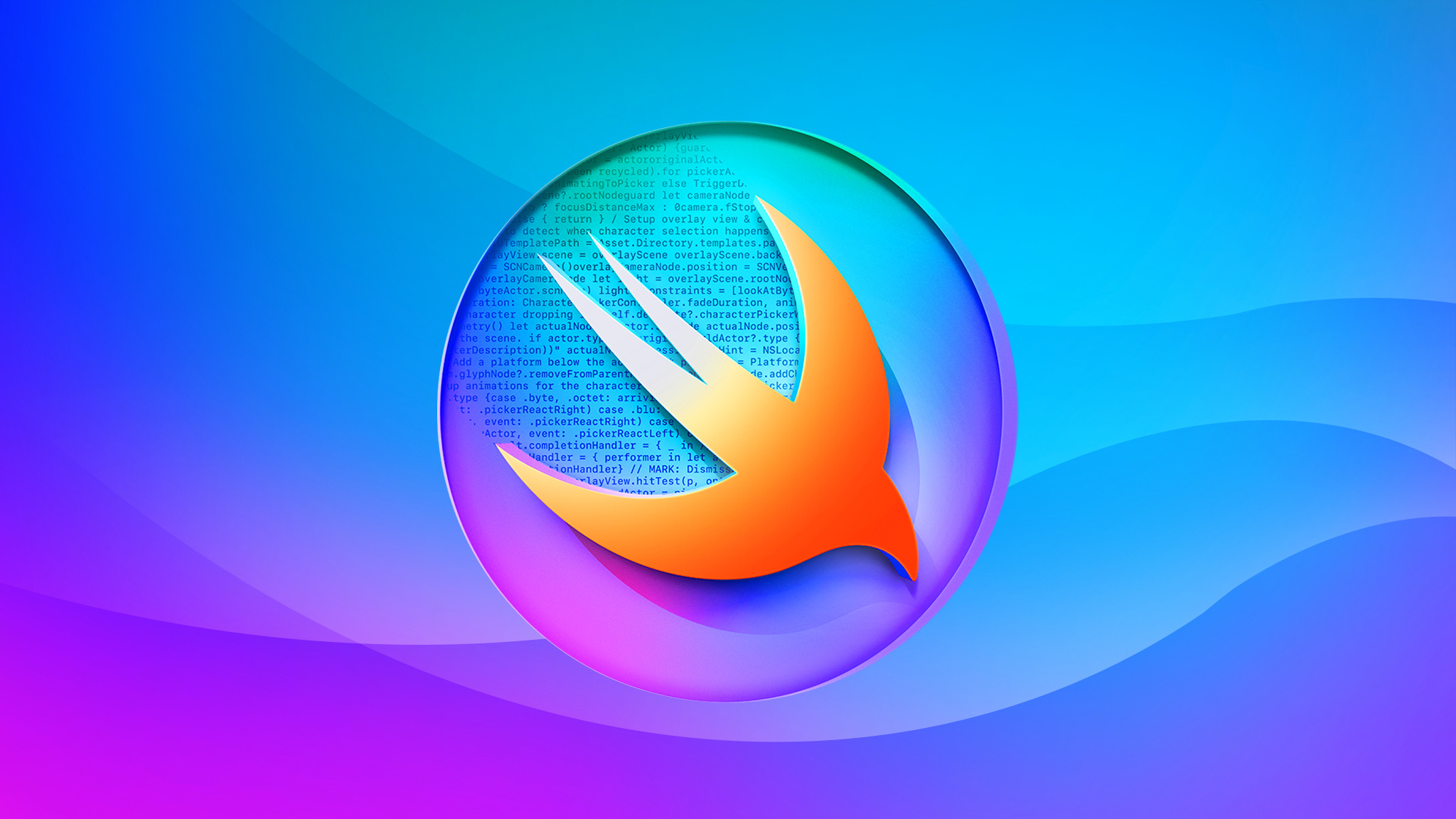AWS retires its first-gen compute generation hardware
Amazon CTO Werner Vogels has confirmed that the company has retired its beloved EC2-Classic after just a few weeks short of 17 years of service, with the final instance having its switch flipped on August 15, 2023.
EC2 fundamentally paved the way for what we know as cloud computing today when it launched back in 2006, and while things have come a long way, its deprecation is something of a historic occasion.
That being said, also worth celebrating is the company’s commitment to “support[ing] today’s workloads as well as tomorrow’s,” a notion first set out by Vogels at a 2013 re:Invent keynote.
AWS bids farewell to EC2-Classic
AWS first announced that it would be shuttering EC2-Classic two years ago, when AWS Chief Evangelist Jeff Barr promised that the company was “going to make this as smooth and as non-disruptive as possible.”
An August 23, 2023 update reads: “The retirement announced in this blog post is now complete. There are no more EC2 instances running with EC2-Classic networking.”
Vogels’s September blog post reminisces about the history of EC2-Classic, which in the case of m1.small would have seen early customers getting a vCPU the equivalent of a 1.7 GHz Xeon processor, 1.75GB RAM, 160GB local disk space, and 250 Mbps network bandwidth for $0.10 per hour.
Despite clear and worthy focus by Amazon on modern-day equivalents, he congratulates the EC2 team for keeping Classic running, “and running well,” until every instance had been migrated.
In the blog post, Vogels points out that only SQS and S3 are older, but there have been no indications that the company plans to lay these to rest any time soon. In a “bittersweet” goodbye, he signs off with an emotive yet slightly jovial certificate of completion (seen above).
More on AWS from TechRadar Pro
After somewhere to store your online data? Check out the best cloud storage and the best cloud backup toolsAWS will start charging customers for public IPv4 addressesAWS went down for millions of customers, taking a host of top sites with it






